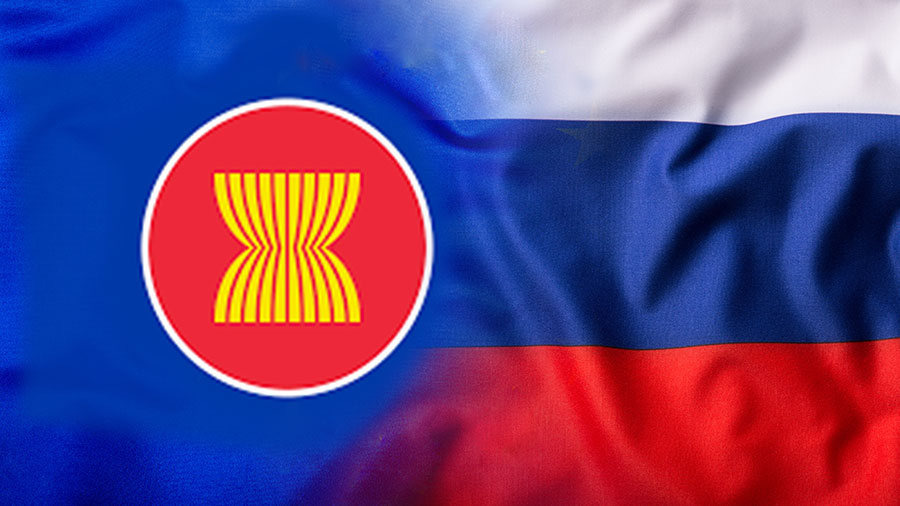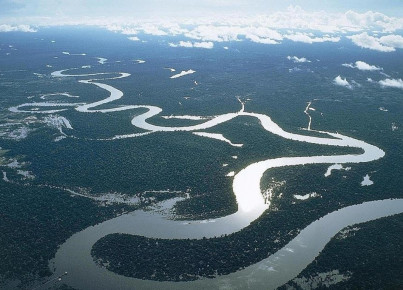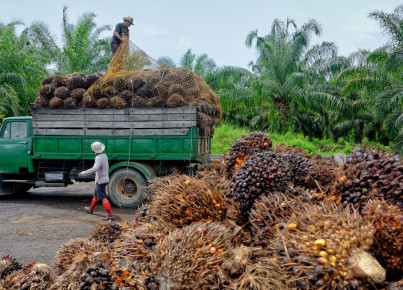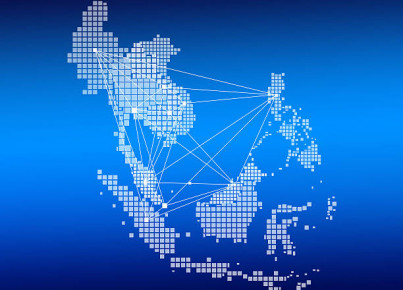South-East Asian nations condemn the Russian offensive in Ukraine but cannot afford sanctions that affect their economies
South-East Asia holds on to its commercial relations with Moscow, while the West and its Asian partners continue to impose sanctions and condemn Russia for its offensive in Ukraine. Geopolitical tremors triggered by the invasion spread internationally. However, if among the ranks of Moscow's detractors it is China that is described (wrongly) as the only 'defector', the South-East Asian countries have opted for a 'third way' of their own. On the one hand, they have joined the chorus of condemnation at the multilateral level; on the other, Singapore is the only representative of the region to have imposed sanctions on Moscow. Countries such as Thailand and Vietnam, as well as Indonesia, prefer to remain cautious so as not to jeopardise the resilience of their economies, while Myanmar’s militarist junta refuse to give up Russian arms flowing into the country.
The post-pandemic economic crisis has forced some ASEAN member states to take stock of their resources before adopting an untenable diplomatic stance vis-à-vis Russia. Indeed, most South-East Asian nations consider the war in Ukraine a regional crisis that does not involve them. Moreover, ASEAN's paradigm of values hinges on the principle of neutrality, borrowed from the colonial experience to which these territories were subjected for decades. For this reason, Southeast Asia is reluctant to close trade and political relations with the Russian Federation and condemn it to political and economic isolation.
Thailand has declared that it will restore regular air service between Moscow and Phuket at the end of October, a move to reinvigorate the tourism sector hit by the pandemic. Between January and February, before the invasion, Russians accounted for the majority of tourists travelling to Thailand. But the popular Moscow-Phuket service was suspended just after the outbreak of the conflict. Since Beijing's 'zero-Covid' policy is restraining Chinese tourists from organising trips to Southeast Asia - and flights from China used to be an important income for Bangkok - Thailand will focus on attracting at least one million Russian tourists this year. In addition, Moscow and Bangkok aim to expand bilateral trade to reach a trade volume of $10 billion in 2023 (about four times that of 2021), as Thai Trade Minister Jurin Laksanawisit said on the sidelines of APEC meetings in May.
Vietnam, on the other hand, focuses on food supply. On 18 August, talks were held to expand trade in wheat, the flow of which from Russia in 2021 had already fallen below 190,000 tonnes - from around 2.6 million in 2018 - due to the presence of potentially invasive thistle seeds. Then, on 6 September, a new connection between sea and rail freight routes between Russia and Vietnam was launched, which will facilitate logistical interactions and enable the direct transfer of goods. Financial cooperation is also a crucial issue for Russia and ASEAN countries, which have discussed the possibility of switching to payments in national currencies, in particular with the Vietnamese dong and Indonesian rupiah. The possibility of finding alternative payment systems to the traditional ones, such as the Russian MIR circuit, would also be on the table.
Moscow is also the leading arms supplier in South-East Asia. President Vladimir Putin has always recognised the region's great political and commercial potential, and has opted to use defence diplomacy to strengthen cooperation with the region's players. One of the main destinations for Russian military equipment and armaments is Myanmar. In a meeting on the sidelines of the Eastern Economic Forum held in Vladivostok in early September, the leader of Burma's coup military junta Min Aung Hlaing addressed President Putin with these words: 'We should call you not only leader of Russia, but also leader of the world, because you control and organise the stability of the whole world'. As Channel News Asia suggested, Min Aung Hlaing's comment comes at a time when both governments find themselves diplomatically isolated: Moscow over its military intervention in Ukraine, Naypyidaw over a military coup last year. In the ASEAN-Russia relationship, the complexity of international relations in the age of the globalised economy becomes clear. Most of ASEAN's trade with Russia involves Indonesia, Thailand, Vietnam. The growth of high value-added products sold by ASEAN is also increasing, partly due to the vacuum left by European suppliers who have left the Russian market. These economic performances seem to contradict the international community's almost unanimous condemnation of the offensive in Ukraine. At the multilateral level, ASEAN countries joined the UN's calls for peace. But when the General Assembly voted to suspend the Russian Federation from membership of the UN Human Rights Council in April, many Southeast Asian countries abstained. These included Singapore, as well as Thailand, Malaysia, Indonesia and Cambodia, while Vietnam and Laos voted against. This progressive softening towards Moscow is justified by assessments of economic and political pragmatism. The different postures adopted in the multilateral sphere on the one hand, however, confirm the regional actors' adherence to the rules of international law. On the other, they manifest a refusal to isolate Russia, with a message that implies that the multilateral system is moving - despite the crises or precisely because of them - towards greater inclusiveness.






